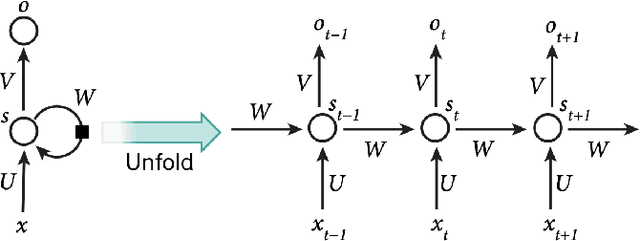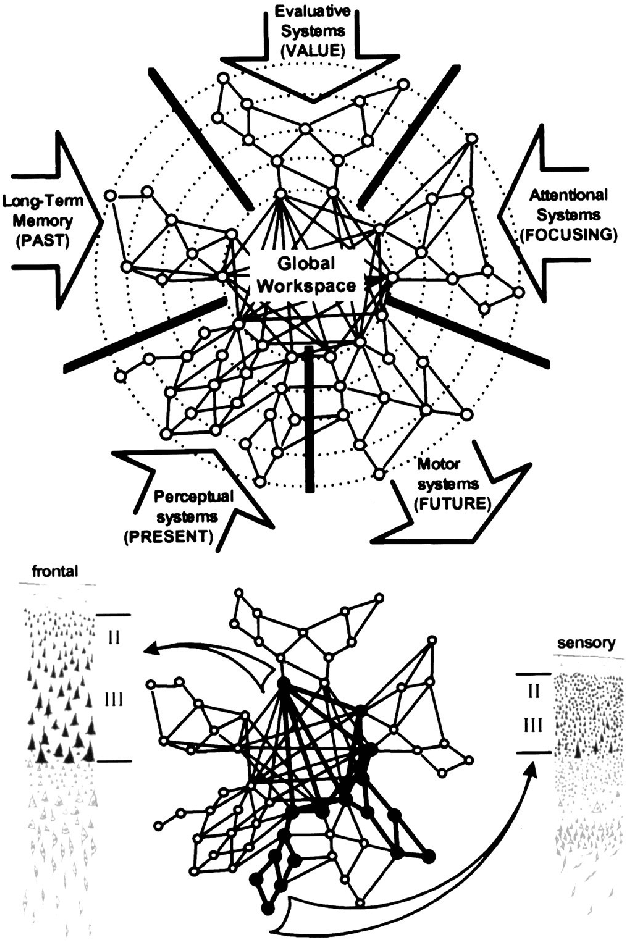Patrick Butlin
Principles for Responsible AI Consciousness Research
Jan 13, 2025Abstract:Recent research suggests that it may be possible to build conscious AI systems now or in the near future. Conscious AI systems would arguably deserve moral consideration, and it may be the case that large numbers of conscious systems could be created and caused to suffer. Furthermore, AI systems or AI-generated characters may increasingly give the impression of being conscious, leading to debate about their moral status. Organisations involved in AI research must establish principles and policies to guide research and deployment choices and public communication concerning consciousness. Even if an organisation chooses not to study AI consciousness as such, it will still need policies in place, as those developing advanced AI systems risk inadvertently creating conscious entities. Responsible research and deployment practices are essential to address this possibility. We propose five principles for responsible research and argue that research organisations should make voluntary, public commitments to principles on these lines. Our principles concern research objectives and procedures, knowledge sharing and public communications.
Taking AI Welfare Seriously
Nov 04, 2024Abstract:In this report, we argue that there is a realistic possibility that some AI systems will be conscious and/or robustly agentic in the near future. That means that the prospect of AI welfare and moral patienthood, i.e. of AI systems with their own interests and moral significance, is no longer an issue only for sci-fi or the distant future. It is an issue for the near future, and AI companies and other actors have a responsibility to start taking it seriously. We also recommend three early steps that AI companies and other actors can take: They can (1) acknowledge that AI welfare is an important and difficult issue (and ensure that language model outputs do the same), (2) start assessing AI systems for evidence of consciousness and robust agency, and (3) prepare policies and procedures for treating AI systems with an appropriate level of moral concern. To be clear, our argument in this report is not that AI systems definitely are, or will be, conscious, robustly agentic, or otherwise morally significant. Instead, our argument is that there is substantial uncertainty about these possibilities, and so we need to improve our understanding of AI welfare and our ability to make wise decisions about this issue. Otherwise there is a significant risk that we will mishandle decisions about AI welfare, mistakenly harming AI systems that matter morally and/or mistakenly caring for AI systems that do not.
Consciousness in Artificial Intelligence: Insights from the Science of Consciousness
Aug 22, 2023



Abstract:Whether current or near-term AI systems could be conscious is a topic of scientific interest and increasing public concern. This report argues for, and exemplifies, a rigorous and empirically grounded approach to AI consciousness: assessing existing AI systems in detail, in light of our best-supported neuroscientific theories of consciousness. We survey several prominent scientific theories of consciousness, including recurrent processing theory, global workspace theory, higher-order theories, predictive processing, and attention schema theory. From these theories we derive "indicator properties" of consciousness, elucidated in computational terms that allow us to assess AI systems for these properties. We use these indicator properties to assess several recent AI systems, and we discuss how future systems might implement them. Our analysis suggests that no current AI systems are conscious, but also suggests that there are no obvious technical barriers to building AI systems which satisfy these indicators.
 Add to Chrome
Add to Chrome Add to Firefox
Add to Firefox Add to Edge
Add to Edge